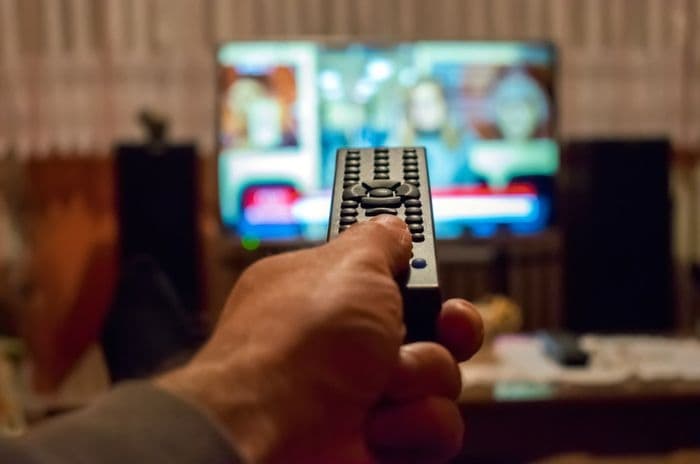Home > TV & Broadband > News > Will the 4G Freeview blackout affect you?
Will the 4G Freeview blackout affect you?
Could the advent of 4G mobile broadband services in the UK result in a knockout blow for Freeview television?

Yes, say campaigners, for up to two million households.
Ofcom are planning to allocate 4G mobile broadband services to the 800Mhz spectrum, previously home to terrestrial TV signals, which sit right next to frequencies transmitting Freeview.
The problem is that 4G signals are likely to interfere with Freeview, potentially causing loss of signal for hundreds of thousands.
Government and Ofcom say they've got the problem of potential signal interference covered.
Voice of the Listener and Viewer fears that many viewers will be "pushed towards subscription television" because those proposals fall short of the mark.
So, who's right?
Freeview vs 4G Q&A
Here at Choose Media we've attempted to find out and, along the way, answer the questions you're really asking about the 4G-Freeview fiasco, questions like:
Am I likely to be affected?
Ofcom estimates that the issue could affect around 10% of UK households (roughly two million) so there is a small chance that your television reception could suffer as a result.
Those most likely to be affected will be living near a 4G mast.
Unfortunately, the exact locations of these masts is not yet known.
If 4G does cause signal interference, how will I fix it?
Luckily, installing a filter, between the aerial and the TV or the aerial and the signal booster, will block out most of the interference.
Many people already have one without realising it. The signal booster is installed but it could be right next to the aerial or even tucked away in an inaccessible part of the house.
Ofcom have said that anyone who cannot fit a filter to their own equipment will be able to ask for an engineer to come out to their house who will attempt to help rectify the issue.
If, after that, it is still not possible to get a Freeview reception, a Freesat satellite service may be installed or, indeed, another satellite service such as Sky TV.
Will I have to pay for more new equipment?
Ofcom have set aside £180 million from the proceeds of the 800Mhz spectrum auction to help pay for these mitigation costs, including a filter which will be sent out to each affected household.
Households who are unable to install the filter will be able to ask for an engineer to come to their aid.
Ofcom have set up a company specifically for this task, MitCo.
It isn't yet clear whether an engineer visit will also be free of charge, although £20 million worth of funding has been specifically reserved for those over 75 so the indications are that the cost will be at least partially if not fully covered by that cash.
Does this mean my Freeview box will become redundant?
No, the majority of the population will not notice any interference from 4G on their televisions or Freeview service.
Even those that do won't necessarily have to chuck their Freeview boxes in the recycling.
What if I have more than one TV?
This is a question which keeps cropping up and the answer at the moment appears to be: you will need to purchase a filter for each television.
Not ideal, we agree.
The commercially available filters we found for sale cost between £50 and £200 but bear in mind that, if households are asked to buy multiple filters for multiple TVs, MitCo are likely to recommend a specific type and could even sell them at a much reduced cost.
None of this is set in stone.
I live in a block of flats with a communal aerial. Do I need to do anything?
Ofcom states that for communal aerial systems, "filtering costing several hundreds of pounds per system may be required".
Work on communal aerial systems will likely cause most headaches for viewers as access to the equipment may be controlled by landlords or property managers who will have to organise the installation of filters through MitCo.
Will it be a problem for satellite?
Anyone with a Sky subscription or Freesat box will not be affected by the introduction of 4G mobile broadband.
Satellite services transmit on frequencies that remain free from interference caused by 4G.
Why can't the 4G mobile operators do anything to stop the interference without getting households involved?
Government and the mobile network operators are currently squabbling, as they tend to, over how reducing interference can be best achieved.
The mobile operators argue that they could install transmission equipment which will cause less interference but that the cost is currently prohibitive and that, therefore, the Government should pay.
Get insider tips and the latest offers in our newsletter

We are independent of all of the products and services we compare.

We order our comparison tables by price or feature and never by referral revenue.

We donate at least 5% of our profits to charity, and we aim to be climate positive.
Get insider tips and the latest offers in our newsletter






Comments (4)